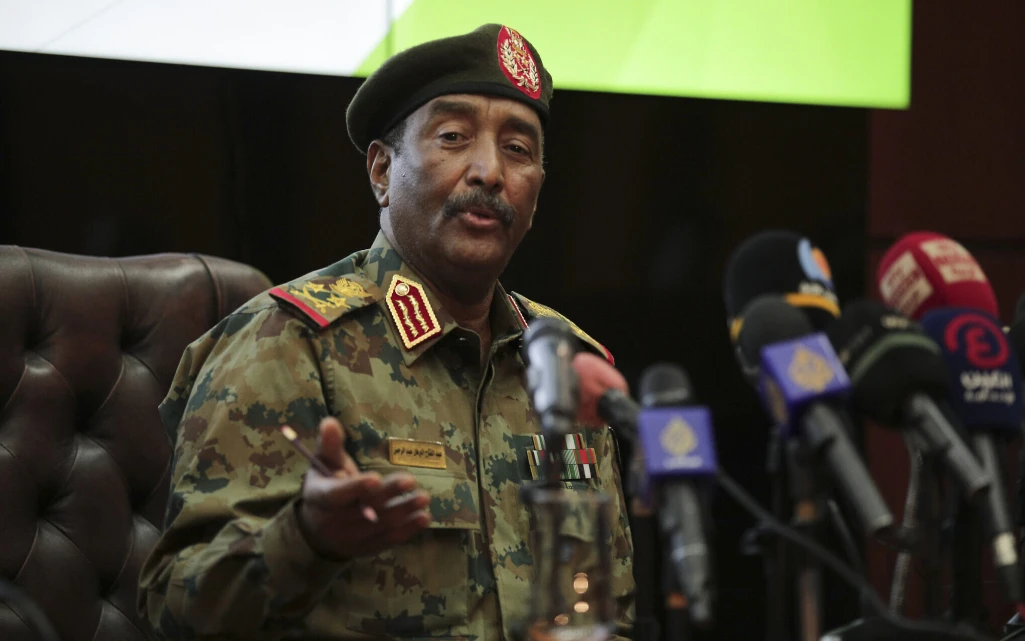
On Oct. 25, the military dissolved the country’s transitional government and detained more than 100 government officials and political leaders, along with a large number of protesters and activists. Since then, at least 13 anti-coup protesters have been killed due to the excessive force used by the country’s security forces, according to Sudanese doctors and the U.N.
On Sunday, security forces tear-gassed demonstrators and rounded up more than 100 people, most of them anti-coup teachers in the capital of Khartoum.
In comments aired Sunday by the Al-Jazeera satellite television news network, Burhan also said that security forces were not responsible for the protesters’ deaths.
Burhan has maintained the military was compelled to take over because of quarrels between political parties that he claimed could lead to civil war. But the takeover also took place less than a month before he was supposed to surrender the leadership of the country’s top governing body to a civilian.
Sudan has been in the midst of a fragile transition to democracy that began after a popular uprising forced the military’s removal of longtime autocrat Omar al-Bashir and his Islamist government in April 2019. For weeks before the coup, there had been mounting tensions between military and civilian leaders over the pace of the transition.
In another development, the powerful leader of Sudan’s large paramilitary group, the Rapid Support Forces, made his first public comments since the coup. Gen. Mohammed Hamdan Dagalo said in a video statement released by his office late Sunday that the generals seized power to “correct the course of the people’s revolution” and achieve stability.
He accused a “handful” of political parties in the government of monopolizing power and neglecting the people’s interests. Dagalo, who is known as Hemedti, has been seen by Burhan’s side in many of the post-coup meetings with international diplomats. He wields extensive influence in the country after leading brutal campaigns against the insurgency in the restive Darfur province under al-Bashir. His forces have also been accused of violently dispersing a sit-in during the 2019 uprising that led to protester deaths.
Since the coup, large-scale demonstrations have taken place around the country, demanding the return of a civilian government.
Burhan also told Al-Jazeera that the military will not stop “any political activity as long as it is peaceful” and within the boundaries of the 2019 constitutional declaration.
The document was approved in August 2019 after drawn-out negotiations between the military and the protest movement that had led the uprising against al-Bashir. It established the now-deposed transitional government that includes a civilian-military Sovereign Council and a Cabinet, led by former U.N. economist Abdalla Hamdok, to run day-to-day affairs.